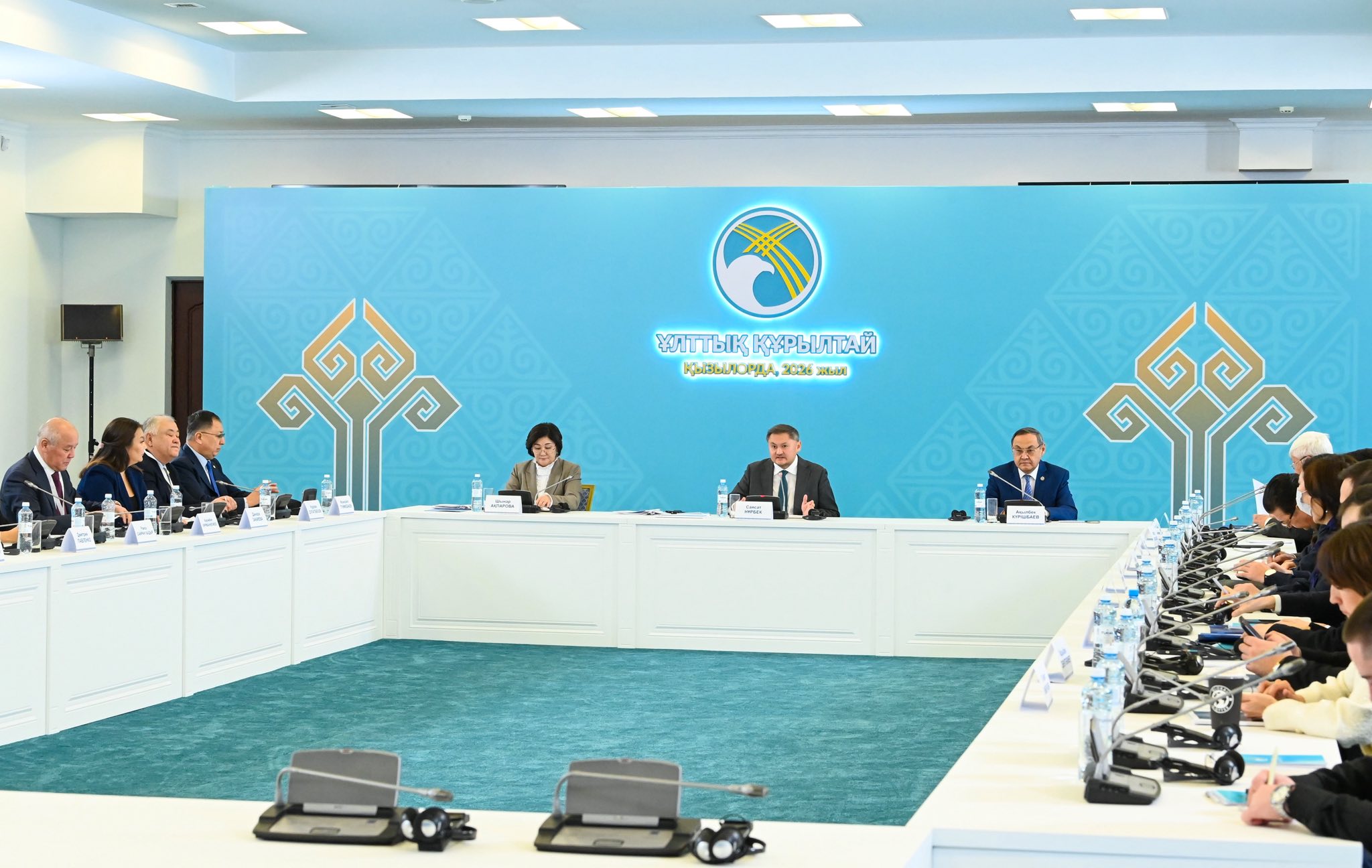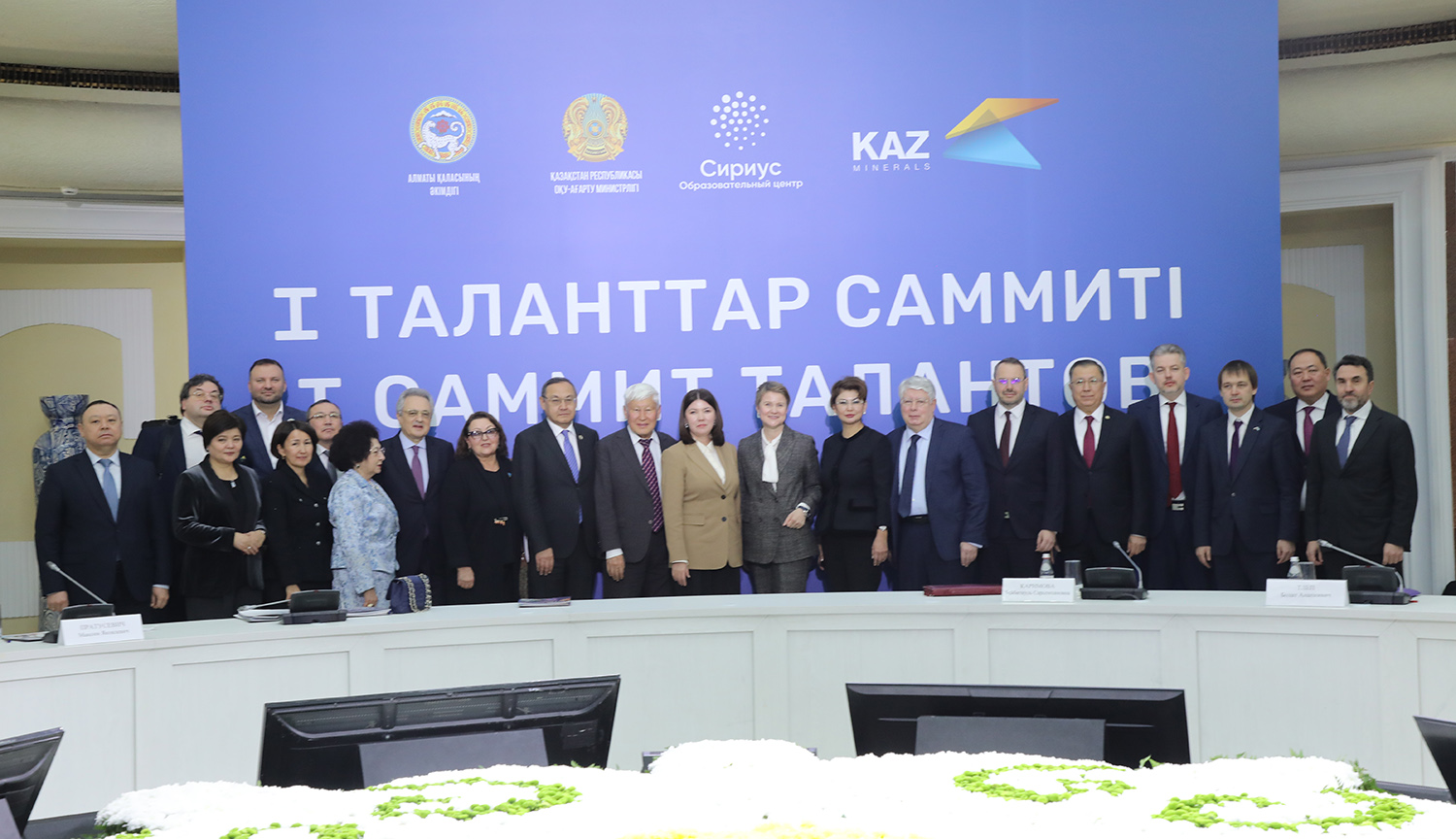- Main
- News
- “Artificial Intelligence – a Reliable Partner in Education”: Reflections Following the Masterclasses
“Artificial Intelligence – a Reliable Partner in Education”: Reflections Following the Masterclasses

“Artificial Intelligence – a Reliable Partner in Education”: Reflections Following the Masterclasses
Maıra Qasenqyzy Kalabayeva, Candidate of Chemical Sciences
Al-Farabi Kazakh National University
Faculty of Chemistry and Chemical Technology
Lecturer, Department of General and Inorganic Chemistry
In June 2025, lecturers from the Faculty of Chemistry and Chemical Technology participated in a series of practical masterclasses titled “Using Artificial Intelligence in Education”, organized by the Faculty of Information Technology and the Office of Academic and Digital Innovations (OADI) at Al-Farabi Kazakh National University. The sessions were held from June 17 to 20 under the guidance of Acting Associate Professor Vladislav Igorevich Karyukin and instructors from the Department of Information Systems.
During the training, we were introduced to the capabilities of modern AI tools such as ChatGPT and Gemini and learned how to effectively integrate them into the educational process, scientific research, and the development of learning content.
My main takeaway from this rich experience is that artificial intelligence — especially powerful tools like ChatGPT and Gemini — is becoming an indispensable assistant for educators and researchers in today’s education system. In an era of information overload, mastering these technologies is no longer optional but a core professional competence.
The sessions highlighted that the quality of interaction with AI depends directly on the clarity and contextual relevance of the prompt. Thus, educators must not only be technically competent but also critically minded, analytically skilled, and responsible in their use of AI tools.
Through the Gemini platform, we explored a wide range of features, including information structuring, automatic test generation, updating of teaching materials, literature reviews, visual and video generation, audio editing, and the integration of multimedia into educational content.
A particularly valuable part of the seminar was practicing the generation of interactive and multimedia content — images, videos, and sound — which enhances the clarity and engagement of learning materials. This is especially relevant when explaining complex chemistry concepts to students.
Despite the impressive potential of AI, it can still produce inaccurate or fabricated information. Therefore, validating content and applying critical judgment remain essential skills for any educator or researcher.
In conclusion, I believe that effective use of AI enhances the creative potential of educators, enables personalization of the learning process for individual student needs, and allows for more flexible teaching approaches. By integrating AI into education, we not only improve the delivery of knowledge but also equip students with the skills to navigate digital tools, think critically, and face the challenges of the digital age.
Other news

